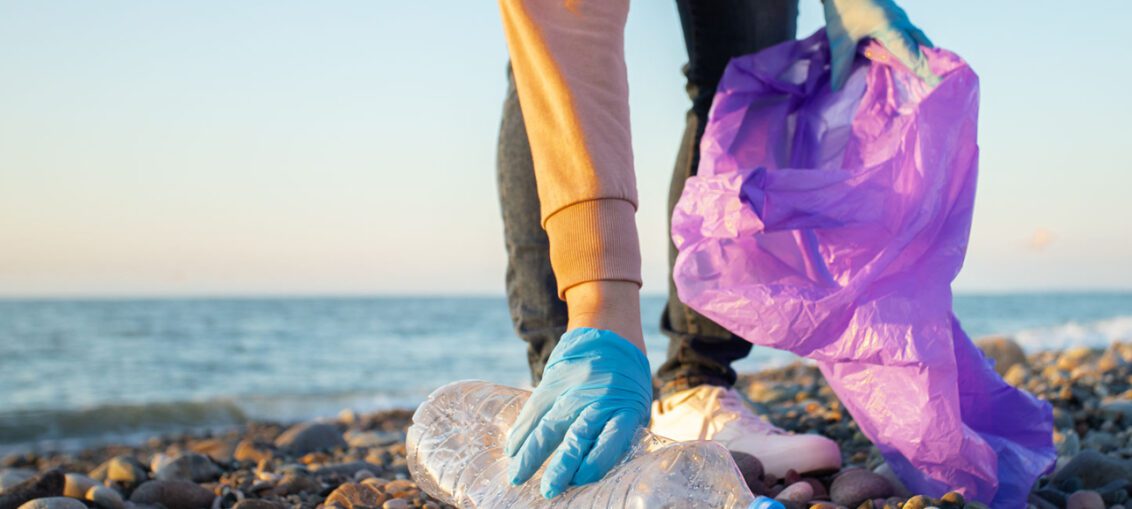
By Bernie Rakocevic
Most of us were horrified as we watched the devastating environmental impact of the estimated 41 million litres of oil spilled from the tanker Exxon Valdez in Alaska’s pristine Prince William Sound. The spill covered 2100km of coastline. The ensuing financial, environmental and ecological impact is well documented.
Over 11 000 people worked tirelessly to contain and clean up the spill. Nevertheless, over 250 000 sea birds perished along with 100’s of sea otters, Bald Eagles, the salmon and herring populations were decimated.
The 600 million litre Deepwater Horizon oil spill in the Gulf of Mexico, the largest marine oil spill in history, again brought ire at the big oil companies as images of oil soaked bird carcasses and dead marine life trended across the world.
Once again, herculean efforts were made by Governments and the broad community to stem the damage and protect the eco system.
However these two devastating financial, environmental and ecological disasters pale in significance to the ongoing destruction being caused by the estimated 10% of the world’s plastic that end up in our oceans.
The UN Environmental program conservatively estimates that over 1 million sea birds and over 100 000 sea mammals die each year from ingesting plastic debris. From turtles mistaking shopping bags for jelly fish, to small, broken down, plastic pellets, being eaten by fish and sea birds.
Skeletal remains of sea birds on island colonies, far too often contain plastic items from bottle top lids, cigarette lighters and fine plastic granules amongst their remains.
But the human race has a chronic addiction to plastic. Let’s face it, it’s very convenient.
Most of the plastic ever made, being non-biodegradable, is still with us today.
It fills our landfills and swirls in an ‘out of sight out of mind’ toxic soup in the dead zones of the world’s five ocean gyres.
Today’s plastics are more durable and more disposable, further increasing their versatility and appeal to the world’s 7 billion plastic reliant people.
99% of Australia’s plastic using population lives within 50 km of the ocean. Some of our biggest ocean polluters are our very own ocean loving commercial and recreational fishermen. Who are usually the first to be impacted financially by the ecological damage from oil spills. Who also are actively concerned about depleting fish stocks, but at the same time wouldn’t think twice about casually throwing their empty bait bags into the ocean.
Along with the environmentally conscientious mum and dad who don’t see any harm in flicking out a cigarette butt out the car window which gets washed down our storm water drains and out into the ocean. They would never associate themselves with contributing to greater ecological damage than that of the Exxon Valdez or Deepwater Horizon.
For many of us, living plastic free or cleaning up the ocean gyres or stopping the oil giants polluting our oceans may seem out of reach.
But what we can do, individually, that would make a great impact as a whole, is simply to not litter. Furthermore, we can go the second mile and pick up litter we see lying around during our daily commutes. Yes that’s right; pick up someone else’s rubbish. You will feel good and contribute to a cleaner and better world for all.
You don’t have to go and clean up the whole street. You don’t have to wait for a special day or organised event for a reason to go and pick up litter. Make a goal to pick up a piece of litter every day. If every adult in America picked up a piece of litter every day, that would be over 250 million bits of litter that would never reach the ocean each day. That’s exciting.

This is my mission! haha